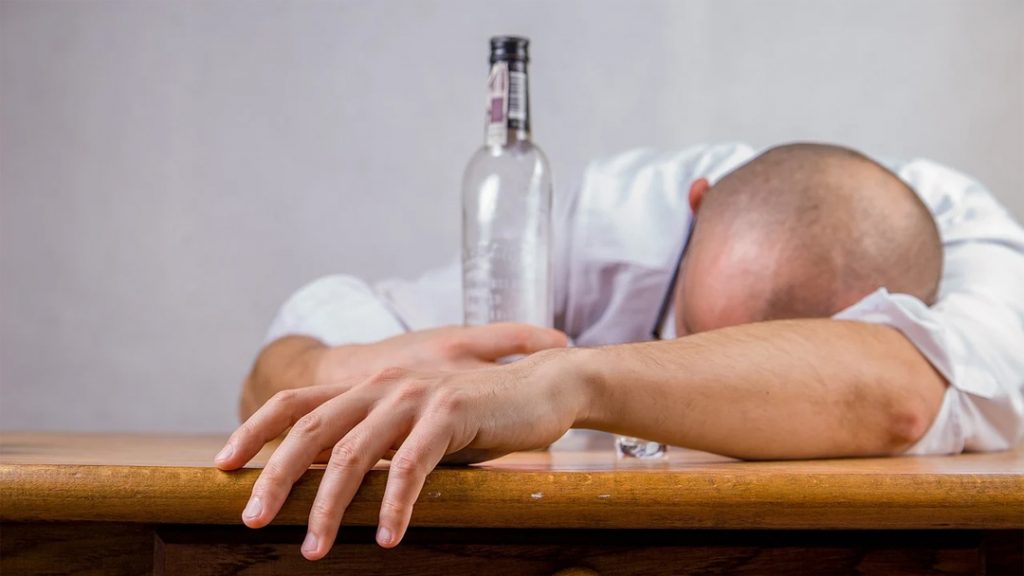Congratulations on finishing your rehab program. This is the first step to a long-term drug-free journey. However, staying sober may be difficult outside the rehabilitation center facility, which is why we’ve put together eight tips to help you prevent a relapse.
1. Familiarize yourself with early signs of relapse
One of the easiest ways to prevent a relapse after a substance abuse recovery is to recognize and understand the early signs of relapse. This helps you seek the relevant help in time. It is worth noting that the signs may vary depending on the three stages of relapse, including:
a) Emotional relapse
In this first stage of relapse, you start caring about using drugs. You may experience a range of emotions, including:
- Anger
- Anxiety
- Poor eating and sleeping habits
- Defensiveness
- Isolating yourself
- Mood swings
b) Mental relapse
While you may not easily recognize emotional relapse, mental relapse is quite noticeable as you become conscious of your thoughts about using again. Common signs of mental relapse include:
- Having fond memories of the days when you were still addicted
- Reaching out to old abusing friends
- Visiting or thinking about the areas you used to abuse
- Lying about your behaviors and feelings
- Making plans about where and when you will use again
c) Physical relapse
This is the last stage of relapse, and you start abusing drugs again after recovery.
2. Avoid temptation
Staying sober is easy when you are still in the rehabilitation facility, as the environment is set to help you recover from drug addiction. However, once you leave the rehab facility, you may experience temptations that make remaining sober difficult.
For this reason, you should avoid places, people, or habits that may encourage you to abuse again. While you may eventually start interacting with old friends or visiting trigger places, it is best to stay away for a while once you leave the rehab.
3. Join a support group
Fighting a relapse may be difficult, especially when you do it by yourself. You can easily fall back to the old habits. Joining a support group can help to keep you accountable. A support group is filled with people who have experienced what you are going through, providing you with understanding.
A support group provides a haven you can turn to when experiencing pressures of living drug-free or when feeling alone. You could also find a few people from the group, exchange numbers, and interact with them outside the group hours when experiencing difficult times.
4. Develop a busy schedule
Everyone needs some free time to break the day’s monotony and relax. However, when you have too much free time on your hands, you give room for thoughts about substance abuse to take hold. You should develop a busy schedule that will distract you from thinking about using drugs. You could include a new hobby to your schedule, volunteer in an animal or homeless shelter, or pick up trash from the neighborhood.
5. Hire a therapist for continued individual therapy
Seeking the help of a therapist even after leaving the rehabilitation center is an effective way to ensure that you do not relapse. A professional counselor understands the difficulty of living a life in substance abuse recovery; therefore, they are best equipped to provide the relevant help and advice.
Ongoing therapy also gives you a chance to work on the past issues that you did not get to resolve in rehab, as well as present challenges that may trigger a relapse.
6. Exercise regularly
It is natural to feel depressed and anxious, especially on your substance abuse recovery journey, which could lead to a relapse. For this reason, you should indulge in vigorous exercise. Exercising leads to the production of natural chemicals in the brain that reduce the chances of experiencing depression and anxiety by up to 25%. Exercising is also an effective way to cope with stress and keep physically fit.
7. Eat healthy
A healthy diet helps to improve your brain’s ability to make better decisions, including avoiding the urge to start substance abuse again. A proper diet also avails essential nutrients in the body, including vitamin D, magnesium, vitamin B, and omega-3 fatty acids that help to prevent depression.
8. Ask for help
You do not have to deal with a substance-free life on your own. Always ask for help when you need it. This could include contacting your therapist, an emergency contact, reaching out to your support group, or joining the 12-step program.
Endnote
Each day in your sobriety journey presents risks that could trigger a relapse, so you should use these strategies to help you lead a healthy and happy substance-free life.





































































